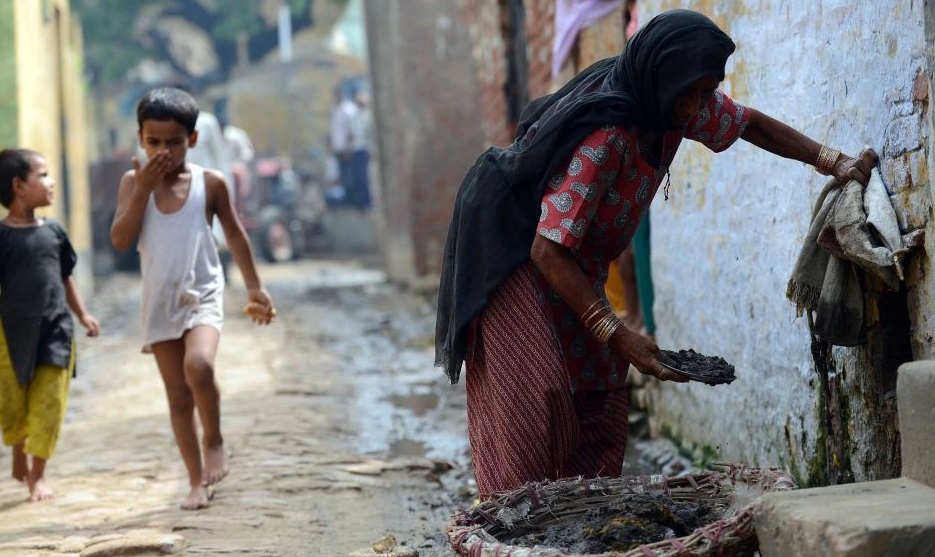Two Years of PM Modi: Politics of Division and Exclusion

NEW DELHI: On the second day of Idea of India Conclave organised by Centre for Policy Analysis at India International Centre, eminent personalities like Harsh Mander , Zoya Hasan and Bezwada Wilson presented their views on the politics of division and exclusion in the two years of Prime Minister Narendra Modi’s government .
Zoya Hasan said social welfare has been neglected and ignored. There have been “striking attempts to polarize the masses like bogus sedition cases, beef ban to Bharat Mata ki Jai controversy.” She further called this as the worst polarisation after 1992 . This polarisation through the politics of fear has lead to a rise of social tension. The agenda of the present government is not known for social welfare as it is just based on catchy slogans like Swachh Bharat , Smart India , Skill India.
The budget of these two years has little scope for growth of social policy and reveal cross cutting tendencies. She added that there is an evident majority bias .
Former bureaucrat and well known activist,Harsh Mander said that “deliberate politics has led to the widening of divides making them more and more unbridgeable.”
“Changing the name of roads to changing the content of books to the idea of love jihad and beef ban accompanied by ongoing low intensity violence has further led to deepening of the politics of division and exclusion,” Mander added. With the ruling party having no single Muslim in the cabinet, it clearly signifies the idea of making Muslims politically irrelevant in this country.
Open communalisation of security agencies of this country is another aspect leading to divide, with the Ishrat Jehaan case being a prime example. Mander was worried about damage being done to the country, that a new government in 2019, would find difficult to erase.
The session was concluded by Bezwada Wilson who said that growth has not been accompanied by social welfare. He pointed out that not a single political party was concerned about manual scavenging. “A 100% of scavengers are Dalits and the majority of them are women but they are not given any representation. We live in a country where poor farmers are forced to pay the loans but Mallya run away with crores and then we talk about equal laws. The day the children of Ambani and a poor scavenger will study in the same school then I will believe that the law is equal,” he said.
Wilson said that the new toilets being constructed by the government under the famous Swachh Bharat program, were without sewage. He wanted to know who would clean these now, as without even an attempt to address the issue of manual scavenging and the social order, it would clearly increase the burden on the most discriminated sections of society.



